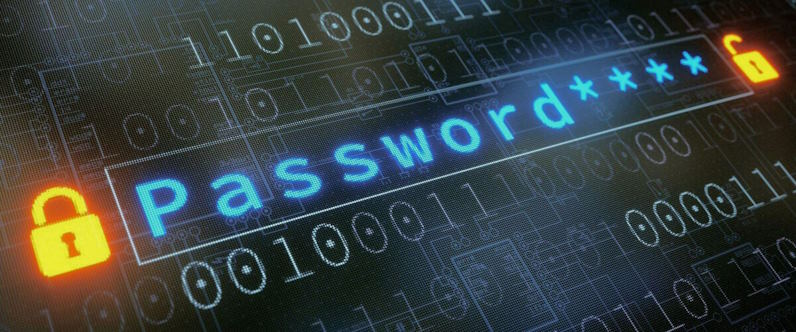Nowadays, when digital fortunes are made, and the new possibilities of financial freedom beckons, the importance of security in this area cannot be overstated. Cryptocurrency exchanges and wallets, the gatekeepers of this decentralized financial frontier, are entrusted with safeguarding vast sums of digital wealth. Yet, in this ever-evolving landscape, security vulnerabilities persist, posing threats to the assets and trust of countless individuals.
What are such security vulnerabilities?
Security vulnerabilities in cryptocurrency wallets represent significant risks within the crypto ecosystem. Here are some common vulnerabilities:
Malware and Keyloggers
Software wallets, particularly those installed on computers and mobile devices, are susceptible to malware and keyloggers. These malicious programs can infiltrate a user’s device, record keystrokes, and steal private keys or wallet recovery phrases. Malware attacks are a constant threat, and users must exercise caution when downloading wallet software or clicking on suspicious links.
Lost Private Keys
Self-custodial wallets, such as hardware or paper wallets, require users to safeguard their private keys diligently. Losing access to these keys can result in the permanent loss of funds. Instances of users misplacing or accidentally deleting their private keys highlight the critical need for secure backup practices.

Social Engineering
Social engineering attacks involve manipulating individuals into divulging sensitive information. Attackers may impersonate trusted entities or use persuasive tactics to convince victims to reveal private keys or wallet credentials. Vigilance is essential to avoid falling victim to these deceptive schemes.
Weak Passwords
Weak or easily guessable passwords remain a vulnerability, especially for web-based wallets and accounts associated with exchanges. Cryptocurrency users are advised to create unique passwords and regularly update them to thwart potential brute-force attacks.
Third-Party Risks
While there are reputable wallet providers, some users opt for third-party applications created by independent developers. Using unverified or unofficial wallet software can expose users to security risks, as not all third-party developers adhere to best security practices or undergo rigorous audits.
Lack of Backup
Failing to create secure backups of wallet information, such as recovery phrases or private keys, can be a critical vulnerability. Without a backup, the loss or damage of a device can result in irreversible loss of access to funds.
In any case, cryptocurrency users must be aware of these vulnerabilities and take proactive steps to enhance security.

